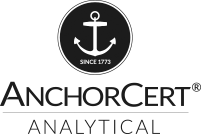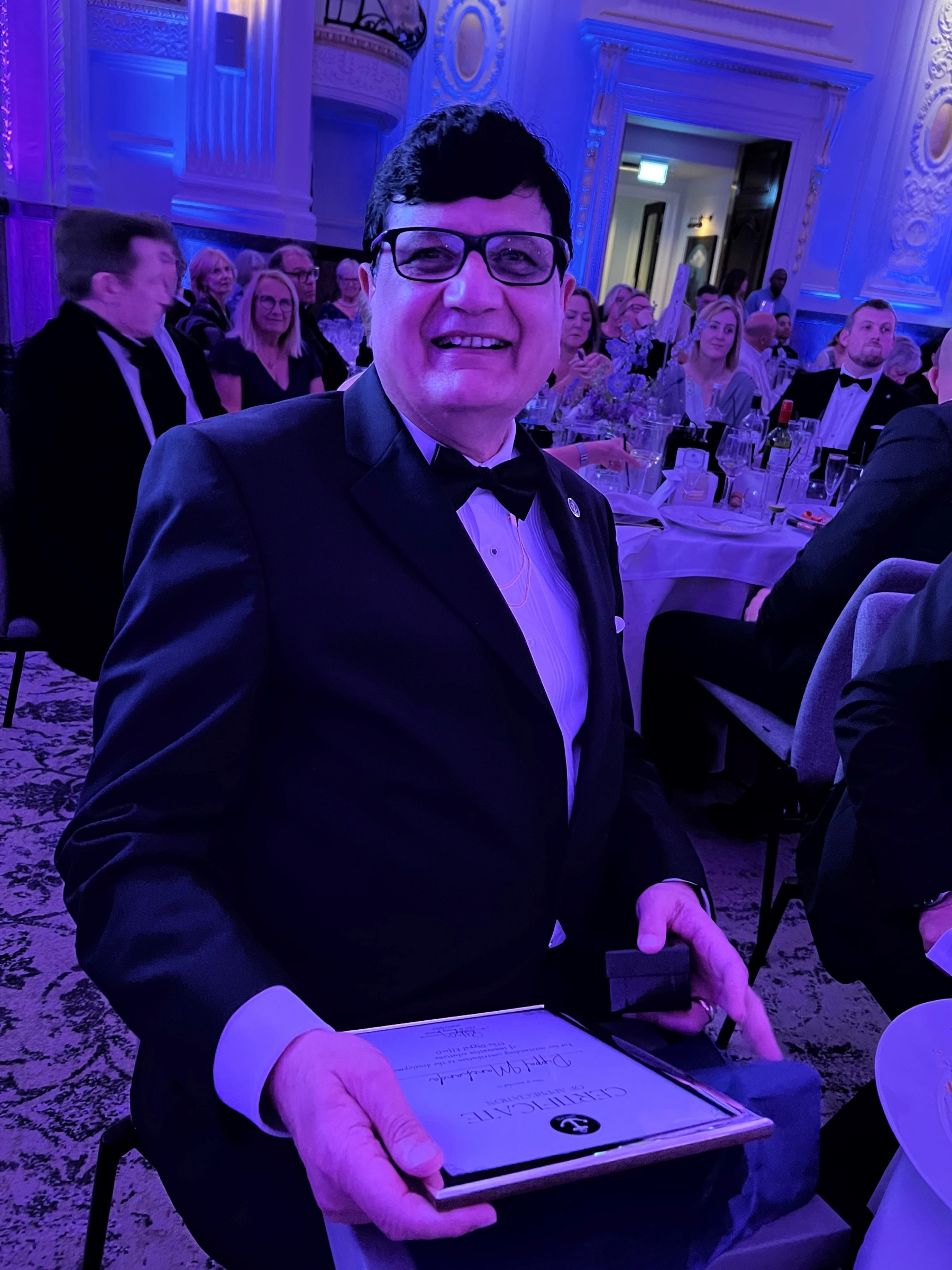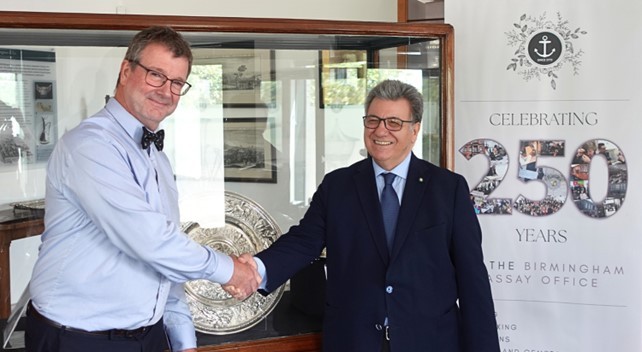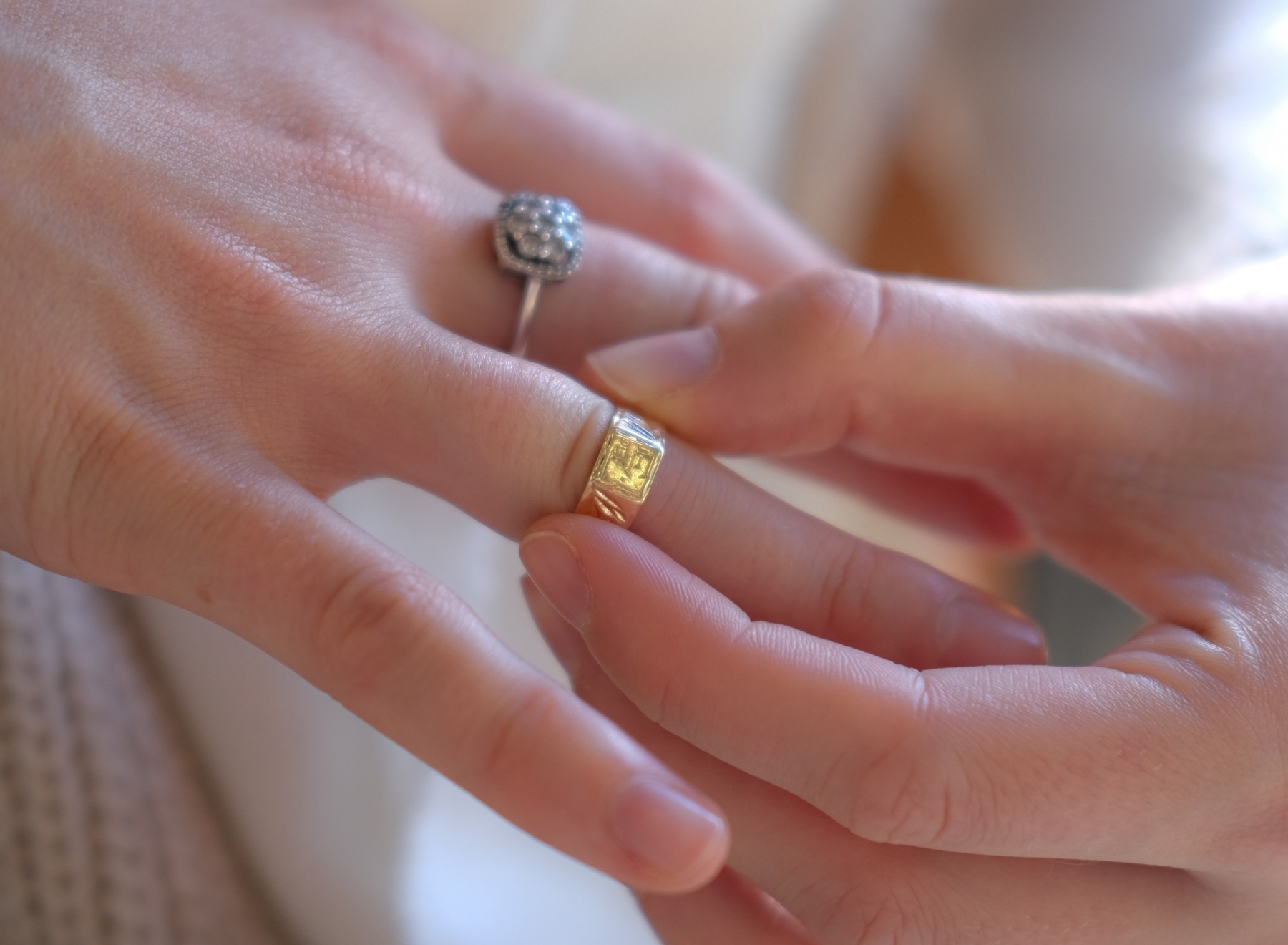This weekâs glimpse into the collections at Birmingham Assay Office offers a peek inside the world of 1ate 18th and early 19th century advertising, marketing and shopping. It is an album of original advertising handbills and trade cards that offer the wares of shopkeepers, the hospitality of inn keepers and the services of tradesmen in Birmingham and London in the late 18th and early 19th centuries.
These delicate printed bills (which belong to the category of âephemeraâ in the antiques trade), have been carefully preserved for over two hundred years and their contents are fascinating. They tell us so much about the lives of people in Birmingham at the time, including the products they were buying, their way of life, what sort of clothes they were wearing, and where they went to shop.
These paper remnants of the past are a wonderful record of social and economic history, even though they were designed to be ephemeral and thrown away after use. However, the designs of many of these advertisements are exquisite, as many include delicate drawings of the type of products on offer and some feature a sketch of the shop itself in its location.
As you would expect from an album held in the Birmingham Assay Office, there are several advertisements and hand bills for local jewellers, including Edward Day, who was manufacturing gold and gilt jewellery and had premises in Bristol Street. There are also advertisements for Samuel Evans, who was manufacturing silver plate, and James Brown, who specialised in Britannia Silver tableware and was based in Paradise Street.
Other trades and industries are represented too. Harrisons in Bristol Street were sign painters. T. Broadbent was a painter, glazer and plumber in Exeter Row who was on hand to repair engine pumps and water closets. Robert Winn was selling patent papier mache (Birmingham was well known for its papier mache wares). Estridge and Saunders were tailors and also made breeches in Colmore Row, whilst W.Heathcote in Upper Temple Street dyed silk cloth and specialised in the cleaning of chintz, shawls and clothes.
The Assay Office is based in Newhall Street today and there are several bills from businesses in this location, including T.Ryland and Son, who manufactured silver plate at number 40, Newhall Street.
Your item has been added to the basket
You need to create an account, or login before you can add this item to your basket.









